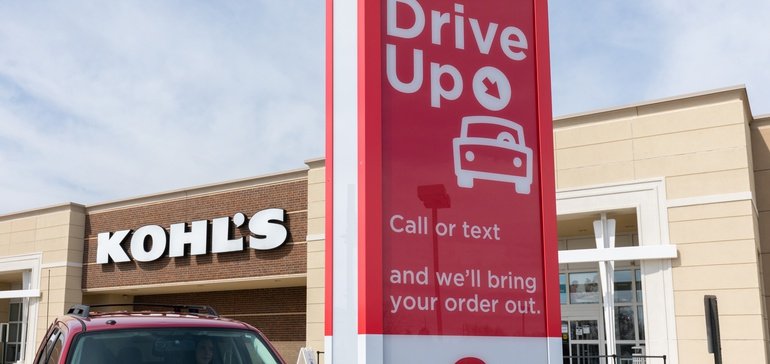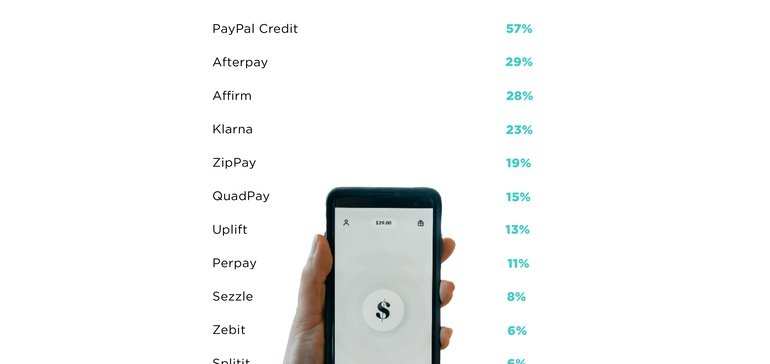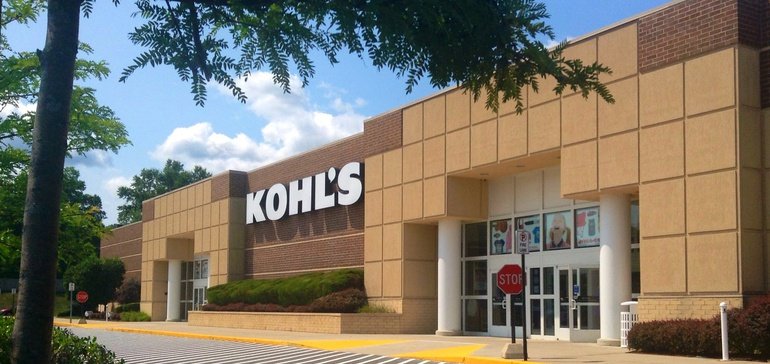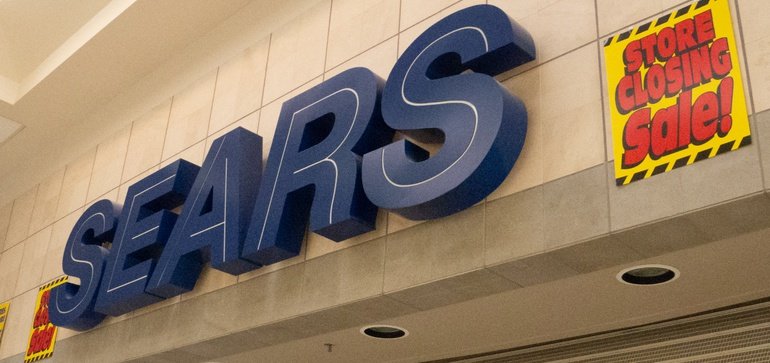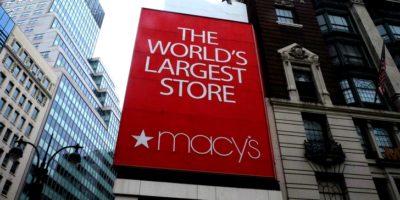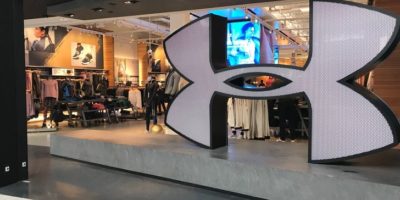Marketing out: What retail leaders require to recognize prior to striking a take care of personal equity
Like an old fire returning years after an altercation, personal equity is back knocking on retail’s door.
Kohl’s is just one of one of the most current to be charmed. Records had it that the business obtained rate of interest from personal equity gamer Sycamore Allies, an acquainted face in the retail market that is likewise honestly seeking ODP Corp’s retail organization (that includes Workplace Depot and also OfficeMax).
The Wall surface Road Journal likewise reported that Acacia Research study, possessed by protestor company Starboard Worth, provided $9 billion to purchase Kohl’s and also had financial institutions guaranteeing its capability to fund the manage financial debt.
The merchant chose not to market itself (in the meantime) in a leveraged acquistion, pointing out basically a too-low cost and also taking on a toxin tablet to avoid any type of prospective aggressive requisition. However the business has actually exposed the opportunity of a sale at a greater cost, and also is dealing with extreme protestor stress over its rejection to additionally involve personal equity suitors.
Kohl’s is simply the most recent to be dated. Retail has a decades-long background of personal equity rate of interest and also leveraged acquistions. As a warm mergings and also procurements market rolls on and also proposals come in for sellers, it deserves taking a minute to consider that background, which is cluttered with insolvent, sold off and also troubled sellers.
Retail, acquistions and also insolvency
Historically, personal equity purchasers of tradition retail firms have actually funded their procurements with financial debt, which after that ends up being the duty of the gotten business. Leveraged acquistions removed in the 1980s, sustained by the advancement of high-yield scrap bonds and also the development of personal equity funds concentrated on taking public firms personal to wring even more worth and also performance out of them.
Personal equity handle the retail market have actually ups and downs over the years. Passion in retail has actually returned adhering to a dry spell most likely fixed to retail’s battles over the last component of the 2010s.
There were simply 4 significant personal equity procurements of sellers in 2018, and also alongside none in 2019 and also 2020, according to Retail Dive’s monitoring. In 2021, there were 8 procurement bargains for significant retail firms, together with financial investments in and also procurements of brand names and also electronic retail endeavors.
Retail procurements by personal equity in 2021
| Merchant | Purchaser | Industry |
|---|---|---|
| In Your Home | Hellman & & Friedman | residence products |
| Casper | Durational Funding Administration | residence products |
| Club Manaco | Minister | garments |
| Francesca’s | TerraMarr Funding and also Tiger Funding | garments |
| Iconix Brands | Lancer Funding | garments |
| Intermix | Altamont Funding Allies | garments |
| Michaels | Beauty Global Administration | specialized |
| Paper Resource | Elliott Financial Investment Administration | specialized |
Resource: Retail Dive information
In 2015, for instance, brought the procurements of In your home by Hellman & & Friedman, Casper by Durational Funding Administration, Michaels by Beauty Global Administration and also Paper Resource out of insolvency by Elliott Financial investment Administration, to name a few.
Given That 2018, Retail Dive has actually assembled a data source of personal equity procurements in the market returning 20 years. Our preliminary checklist was made partly with information supplied by PitchBook and also Acuris along with Retail Dive study. Ever since, succeeding enhancements and also updates to the checklist have actually been made with Retail Dive study.
All informed, the checklist consists of greater than 110 sellers that have actually undergone at the very least one personal equity procurement at some time returning to the 2000s. Of them, over 40% have actually declared insolvency at some time after their procurement, according to Retail Dive’s evaluation.
That is an unpleasant record. It is very important to keep in mind that personal equity’s technique usually entails buying firms that are currently having a hard time and also trying to transform them about. Simply put, not all the blame for a firm’s failing can be laid at the feet of personal equity companies.
Yet the lots of insolvencies likewise elevate severe inquiries regarding the knowledge and also effectiveness of packing up having a hard time firms with millions or perhaps billions of bucks in the red to fund personal equity’s merging technique (and also the periodic debt-financed returns).
While acquistions include financial debt, got sellers usually experience years of disinvestment while they attempt to handle their rate of interest expenditures, all the while possibly paying monitoring costs and also returns to their enrollers. Toys R United States, to take a renowned instance, allow its shops wear away and also affordable setting flag under a $5 billion financial debt lots from a personal equity acquistion. All the while execs and also proprietors were taking squander of the business. Eventually the business broke down in insolvency.
” It’s a snowball result,” stated Dennis Cantalupo, Chief Executive Officer of Pulse Rankings. “The financial debt begins it, and afterwards you’re investing a lot of your resources maintenance that financial debt you’re not spending right into business as a lot, and also your organization begins to endure.”
A quick background of a poor bargain
In spite of the possibility for monetary distress after a leveraged acquistion, boards and also execs of openly traded sellers have every motivation to market to personal equity prospective buyers, if the cost appears right. The greater the cost, however, the greater the prospective financial debt lots.
With supply utilized to make up business management, those deciding to market can jointly make millions together with a firm’s investors. Usually, monitoring groups and also supervisors are changed after a bargain, and also it might not feel like their issue when assessing a quote.
Yet, in a leveraged acquistion where the financial debt is so high it provides the business financially troubled, board supervisors and also execs encounter prospective responsibility for doing the bargain.
Go Into the Jones Team. The garments business as soon as possessed 9 West, Stuart Weitzman, Kurt Geiger, Anne Klein and also a host of various other brand names. In 2014, it finished a bargain to market itself to Sycamore Allies, which for many years has actually purchased Talbots, Hot Subject, Belk, Staples, Coldwater Creek and also various other sellers and also brand names.
Sycamore got the Jones Team for $15 a share, a boost from a first proposal of $14 (though substantially much less than what Sycamore initially drifted, after obtaining a better consider the business’s publications). At first, Sycamore prepared to install $395 countless its very own cash to cover the cost yet ultimately reduced that number by over half, leaving it with little skin in the video game. Rather, the company raised the quantity of financial debt utilized to fund the bargain.
This is all according to previous financial institutions to 9 West, that affirmed in a claim that Sycamore’s procurement provided the Jones Team financially troubled.
The company, they state, marketed itself the most effective components of the Jones Team– the quick expanding Stuart Weitzman and also Kurt Geiger brand names– for much much less than their market price and also out of the reach of financial institutions. The staying brand names were primarily having a hard time– consisting of 9 West, which would certainly offer its name to the brand-new business– and also packed right into a brand-new business that was entrusted $1.5 billion of financial debt from the acquistion. (Sycamore decreased to comment for this tale.)
The difficult deal, complainants state– based upon a years-long examination that has actually shown up inner papers and also testament — was assumed on Sycamore’s estimates of future earnings and also sales for the 9 West brand names that were glowing and also out of action with its real efficiency.
The numbers consisted of future sales development for brand names that had actually just decreased in current durations while disregarding points like shed sales from shop closures, recurring consulting expenses and also the effect of dropping every one of the business’s then-current management modifications for the business, according to the complainant’s claims.
The mix of financial debt and also a decreasing organization without a doubt drove 9 West right into insolvency about 4 years later on. The taking legal action against financial institutions said that the business ended up being financially troubled the minute the bargain experienced which, for that reason, not just Sycamore yet the Jones Team management that consented to the bargain were accountable for 9 West’s best devastation.
Authorizing the merging, according to the complainant’s disagreement, totaled up to a violation in fiduciary obligation. “Jones Team’s supervisors, police officers, and also investors jointly had actually won virtually $1.2 billion,” the problem states. “By comparison, [Nine West] was robbed of its reward possessions and also entrusted reducing, low-profit companies and also a massive financial debt lots.”
Supervisor offenders in case asked a government court to disregard cases that they had actually broken their fiduciary obligation yet were rejected, the court in case searching for that business leaders had not adequately examined whether the Jones Team bargain would certainly provide the business financially troubled.
A couple of months afterwards choice, prior to the events mosted likely to test, the lawsuits versus the previous supervisors and also execs was worked out. (An instance versus previous capitalists that benefited from the Jones Team sale is recurring.)
‘ You can not hide your head in the sand’
The background of Jones Team and also 9 West is, clearly, particular. However it is likewise instructional, and also it questions regarding what company decision-makers at Kohl’s and also others require to do and also recognize when taking into consideration a quote from personal equity capitalists preparing a leveraged acquistion.
Advancements in case, consisting of the court’s rejection to disregard cases, were a “all-natural expansion of poor truths,” stated Keith Sambur, a companion with Holland & & Knight’s monetary solutions technique. “Jones Team forged ahead as it connects to the quantity of utilize on a firm.”
At the very same time, as Sambur mentions, company management has a fiduciary obligation to their investors and also might encounter suits from capitalists for ruling out a severe bargain. Solvency is vital right here in figuring out which duties take priority.
” You need to ensure that the business isn’t so quickly burdened financial debt that the LBO deal relaxes entirely on the back of unsafe financial institutions,” Sambur stated. “To me, what Jones claims at the end of the day is you can not hide your head in the sand and also state, ‘I’m simply mosting likely to act that’s out my watch.’ You need to make that resolution with a degree of due persistance, which did not occur right here.”
Future suits might be the only genuine choice suppliers and also various other unsafe financial institutions have. They may not such as leveraged acquistions, yet providers still require their retail clients and also a few of the largest sellers that handle the largest financial debt tons have a tendency to be crucial clients to providers. Yet wariness in the supply chain includes a lot more to a leveraged merchant’s monetary dangers.
” Providers are not bound to do organization with any person,” Pulse Rankings’ Cantalupo stated. After a leveraged acquistion, suppliers “reassess the credit report account and also, if they fit with it, they proceed marketing to them. If the credit report weakens, after that you might see providers downsize direct exposure, perhaps reduced line of credit, transform the settlement terms, points of that nature.”
If suppliers minimize their direct exposure to a merchant sufficient, Cantalupo included, sellers “are not obtaining [enough] products and also your sales are going down. It’s a vicious circle.”
Comply With.
Ben Unglesbee.
on.
Twitter.






